News
Reimagining Europe through culture: Should the EU place culture as one of its priorities?
Should we have a cultural deal for Europe and put culture as one of the top EU priorities? Many cultural professionals, scientists and policymakers think that European Union needs a deep and thorough reimagining of its cultural policies and that the matter is pressing. The growing precarity of the cultural sector in Europe presents an additional urgency to the issue.
Initiative ‘Kapsalon theater’ offers theater performances while getting your haircut, to raise awareness for the struggling Dutch cultural sector.
After a month of ‘heavy lockdown’, last week Friday the Dutch government announced that it was once again possible for certain sectors to open up with Covid safety precautions set in place. Many people were pleased as this would mean that services like hairdressers and nail salons would open their doors again; however, theaters and other cultural venues remain closed
How do Europeans feel about culture two years into a pandemic?
In February 2020, the INVENT project commenced having planned out the multiple interdisciplinary research queries set to be conducted over the course of the project. Not long after, the Covid-19 pandemic introduced itself as an unforeseen factor and formidable force that has gone on to interlace itself throughout nearly every stage of the project thus far. What Covid has brought
Have you heard of ‘booktowns’? A new literary initiative in the town of Calonge, Spain receives funding
During the Covid-19 pandemic many Europeans have (re)discovered a passion for reading books. When presented with an array of items and asked whether these “belonged to culture”, 80% of Europeans in the INVENT survey voiced that they regarded ‘literature’ as definitely belonging to culture. It is not surprising therefore that ‘access to public libraries’ and ‘being able to attend literary
Is there a cultural basis of vaccination skepticism?
Throughout its research, the INVENT project considers how contemporary trends of globalization, digitalization, migration and social inequalities impact Europeans’ cultural participation and way of life. In this week’s blog, we inquire whether an older sociocultural movement of the early 19th century is still able to influence Europeans’ behaviors and participation today in times of the pandemic. Namely, we explore whether
New Research: A collaboration between UK and Spain team members analyzes the participation of Women in Gaming
Throughout the years, video games have been considered a masculine interest. However, through INVENT, the UK survey found no gender differences in responses to the question regarding the belonging of video games to the definition of “culture” (10% of men and 10% women replied “yes” to this question). In a new collaboration between Neta Yodovich (from our UK team) and
New Danish government budget for 2022 puts research-based knowledge about culture and cultural initiatives on the agenda
With the new 2022 budget plan, the Danish government has announced to finance the establishment and development of a new Institute for Cultural Analysis. “Kulturens Analyseinstitut” will be established as an independent institute, contributing to a better understanding of the importance of culture for the individual citizen and for society as a whole. Research needed to develop the cultural field
Meet-up Dutch INVENT team with Cultural Policy Officers of the City of Rotterdam
Last month the Dutch INVENT team sat down with Olga Smit and Anne-Rienke Hendrikse of the Municipality of Rotterdam. The two senior cultural policy officers paid a visit to Erasmus University Rotterdam to have an open conversation on the developments and current affairs in the local cultural sector. To reach the central objective of the INVENT project — the creation
Cultural Microcosms in Europe
Unlike the simple divisions into elite and mass arts audiences, omnivores and univores, the culturally engaged and cultural inactives – while analysing INVENT survey data – we encountered a large number of small cultural worlds or cultural microcosms. Using Multiple Correspondence Analysis and Hierarchical Cluster Analysis, we identified a number of aggregates of people who have different conceptions of culture,
Upcoming article on the relationship between cultural participation and political orientation
Finnish INVENT Team members Sara Sivonen and Semi Purhonen will be publishing an article called “Politics and cultural participation: The associations of party preference and conservativeness with high and popular cultural participation in Finland” in Sosiologia later this autumn (article in Finnish). The article examines the association between politics and cultural participation in contemporary Finland from the perspective of change

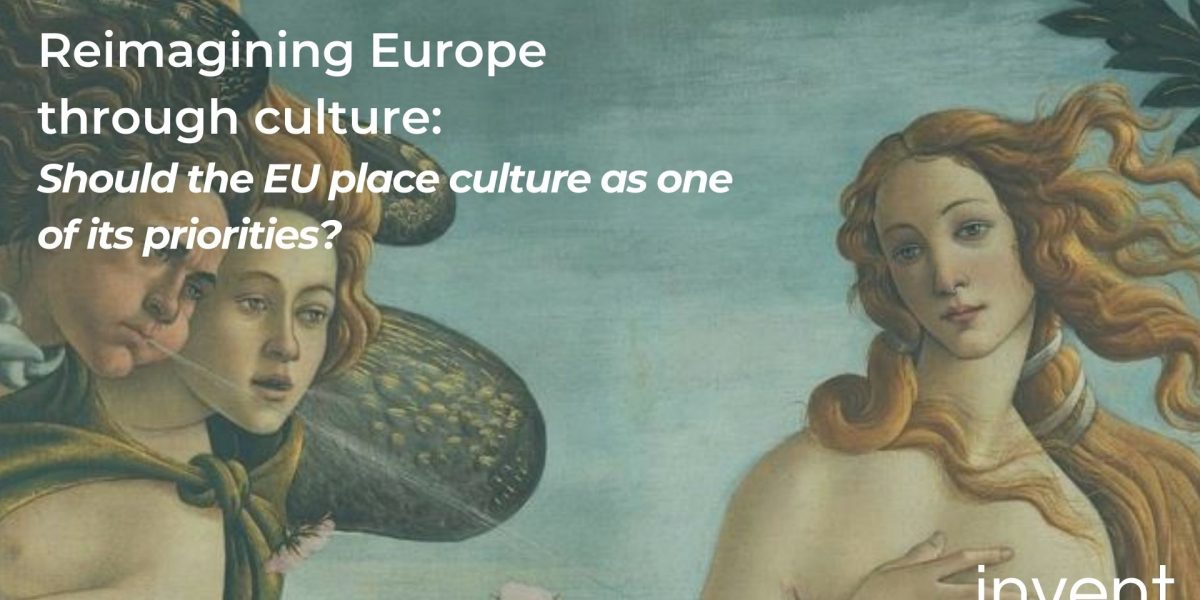
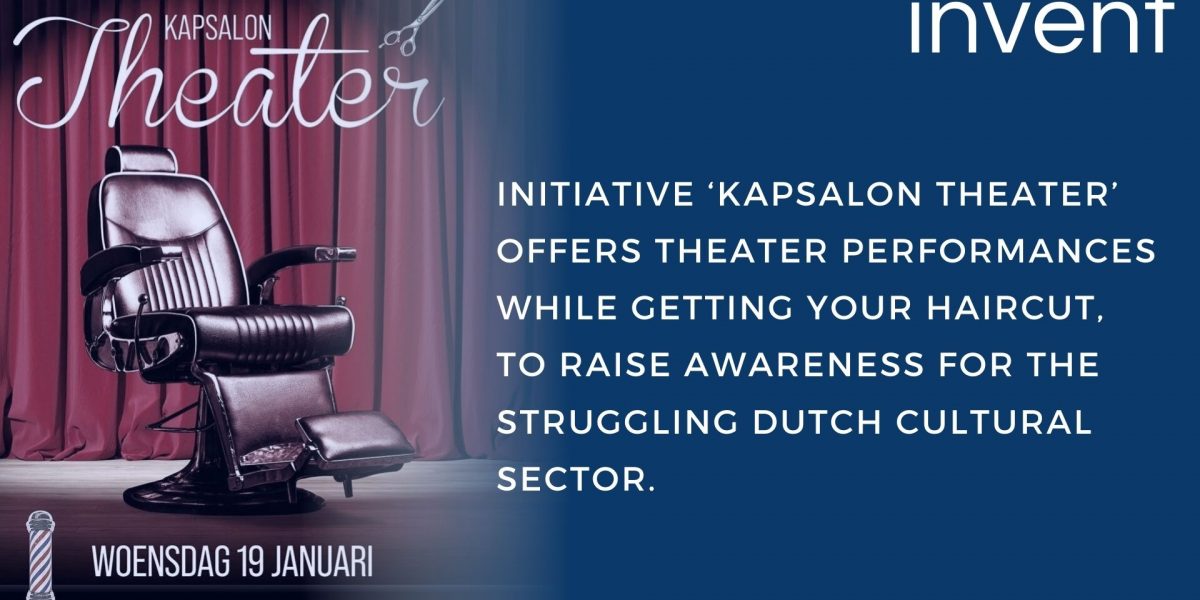
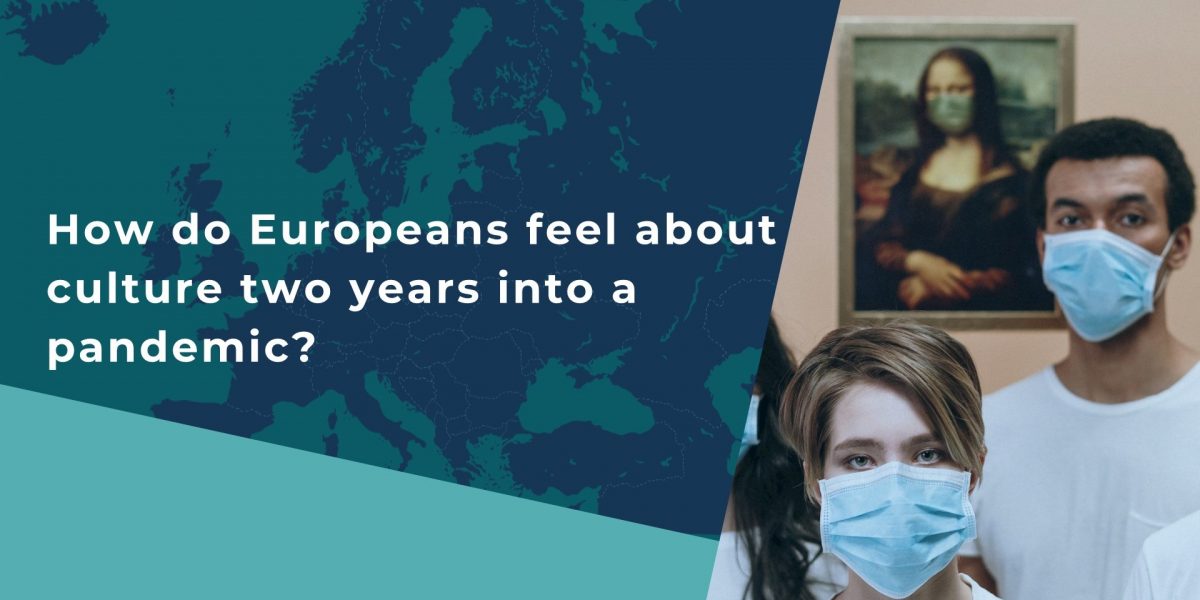
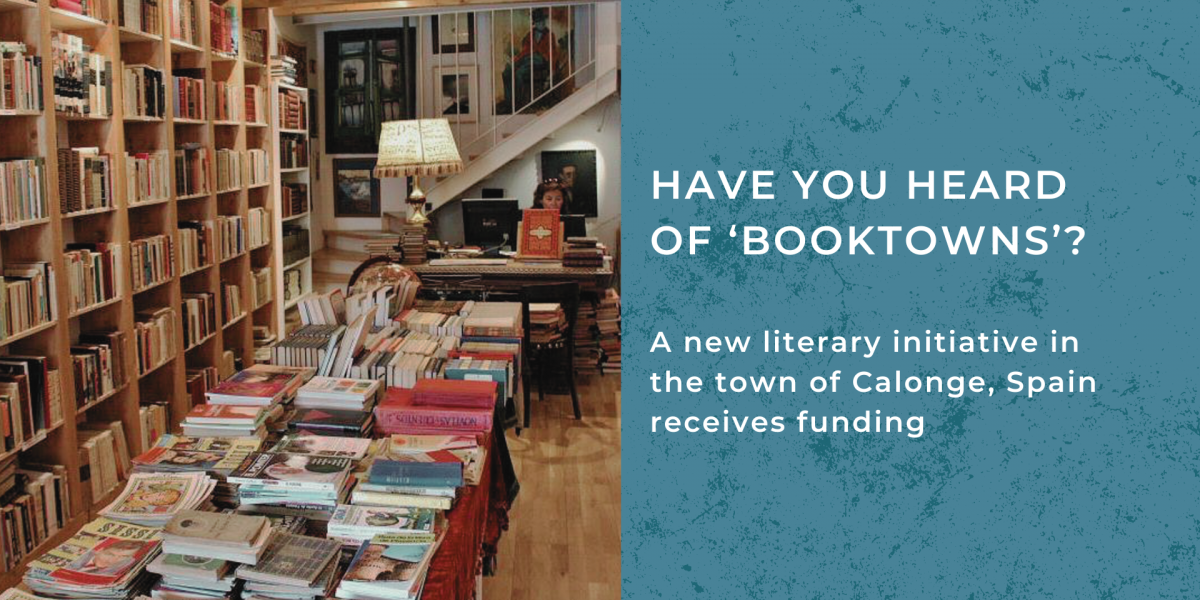
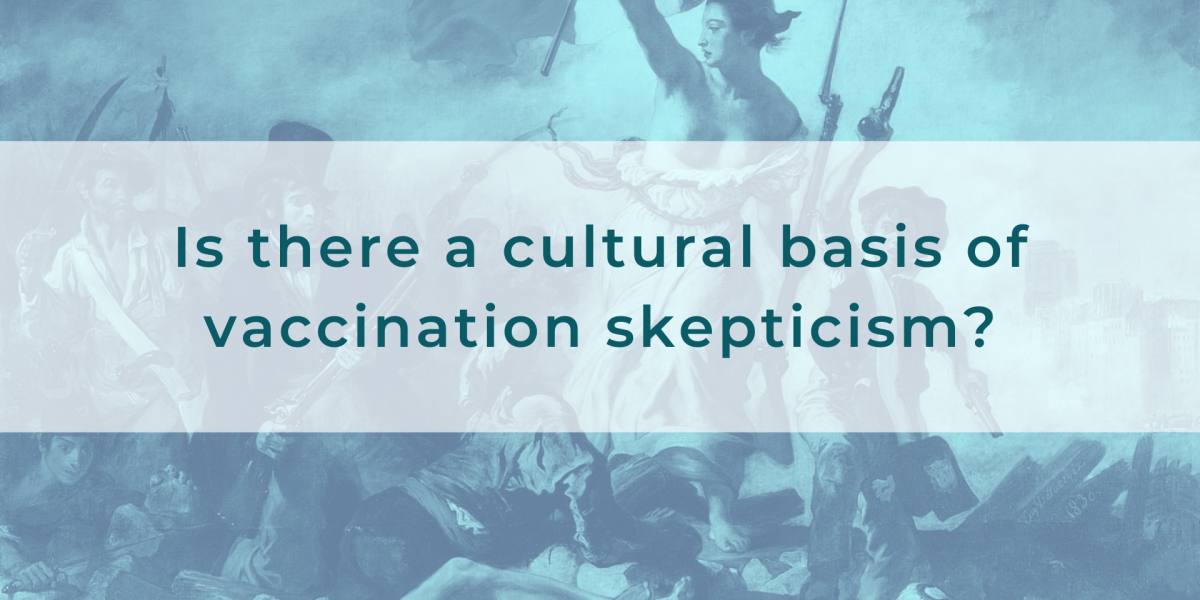
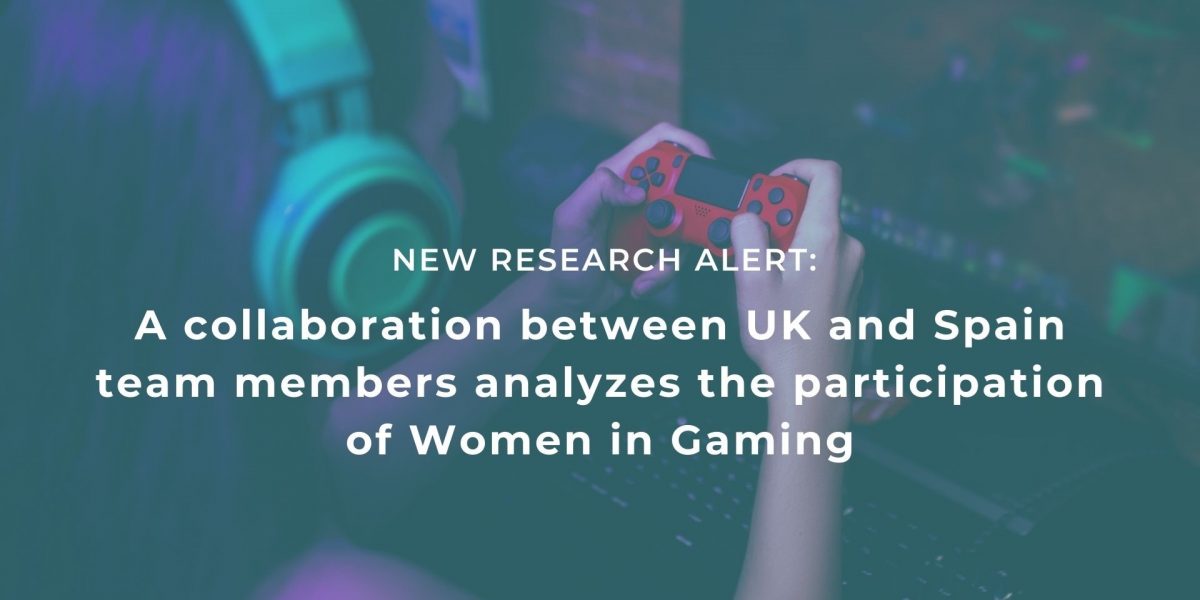
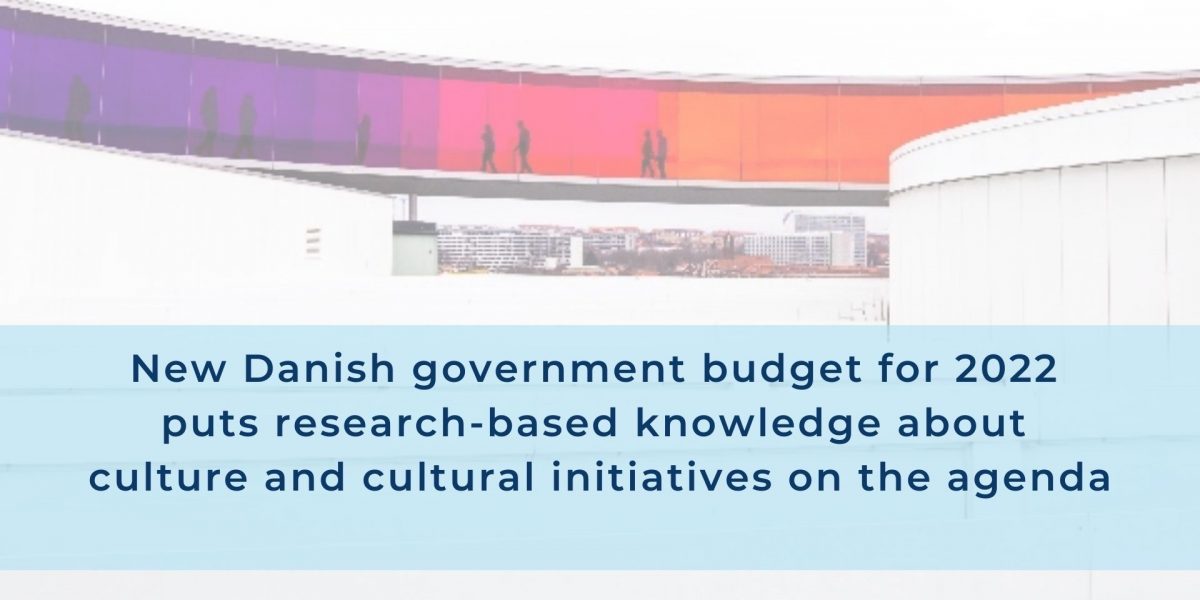
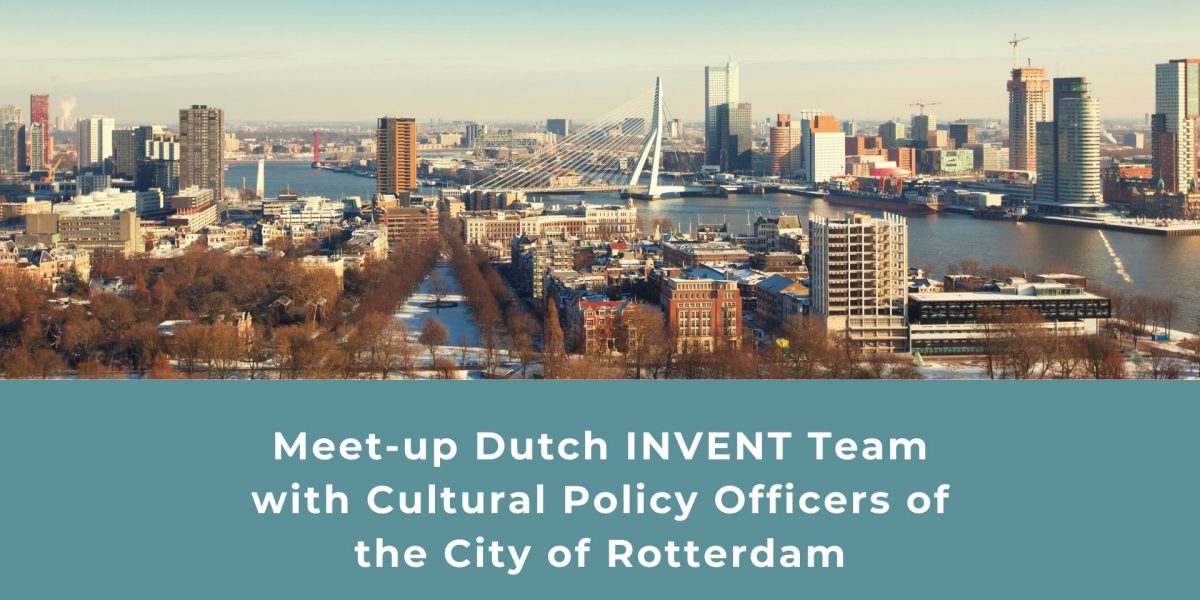
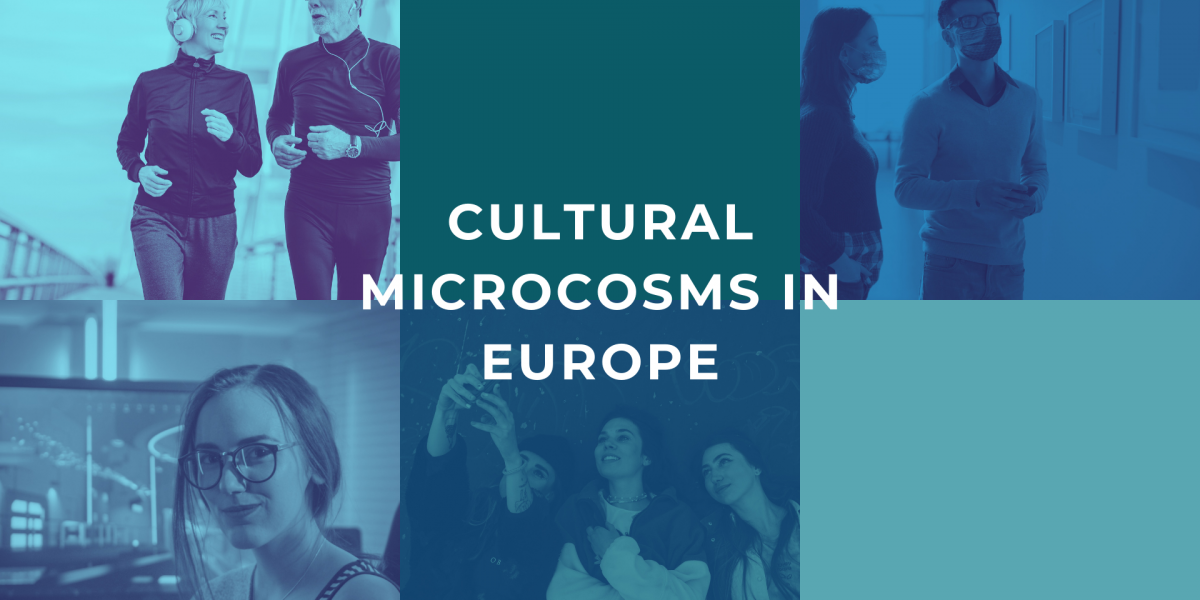
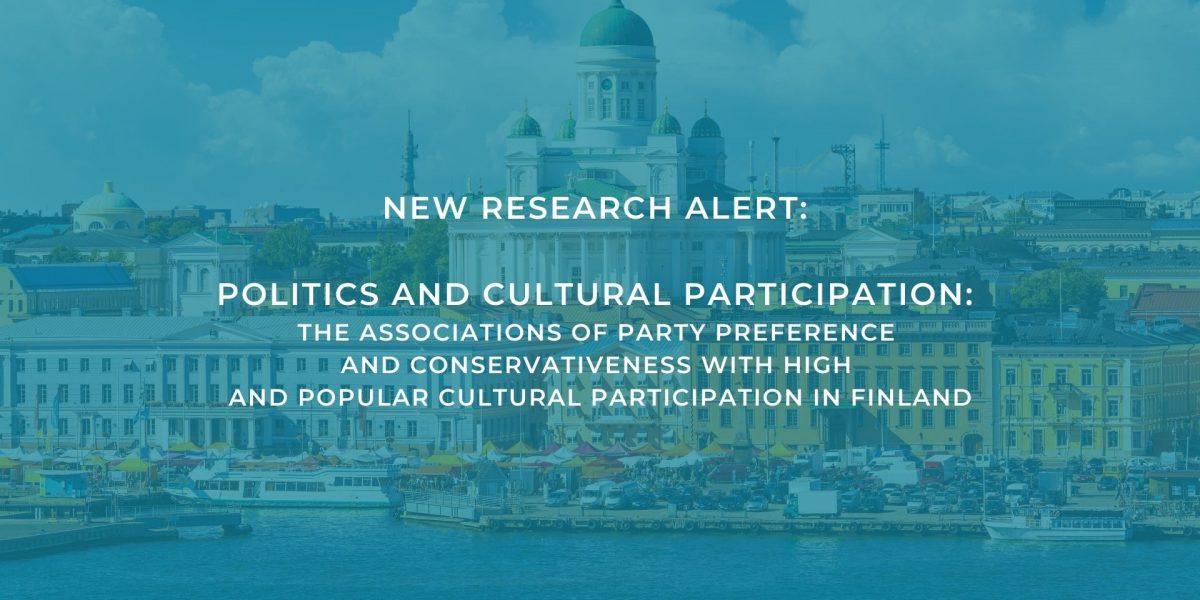

 This project has received funding from the European Union’s Horizon 2020 research and innovation programme under grant agreement No
This project has received funding from the European Union’s Horizon 2020 research and innovation programme under grant agreement No